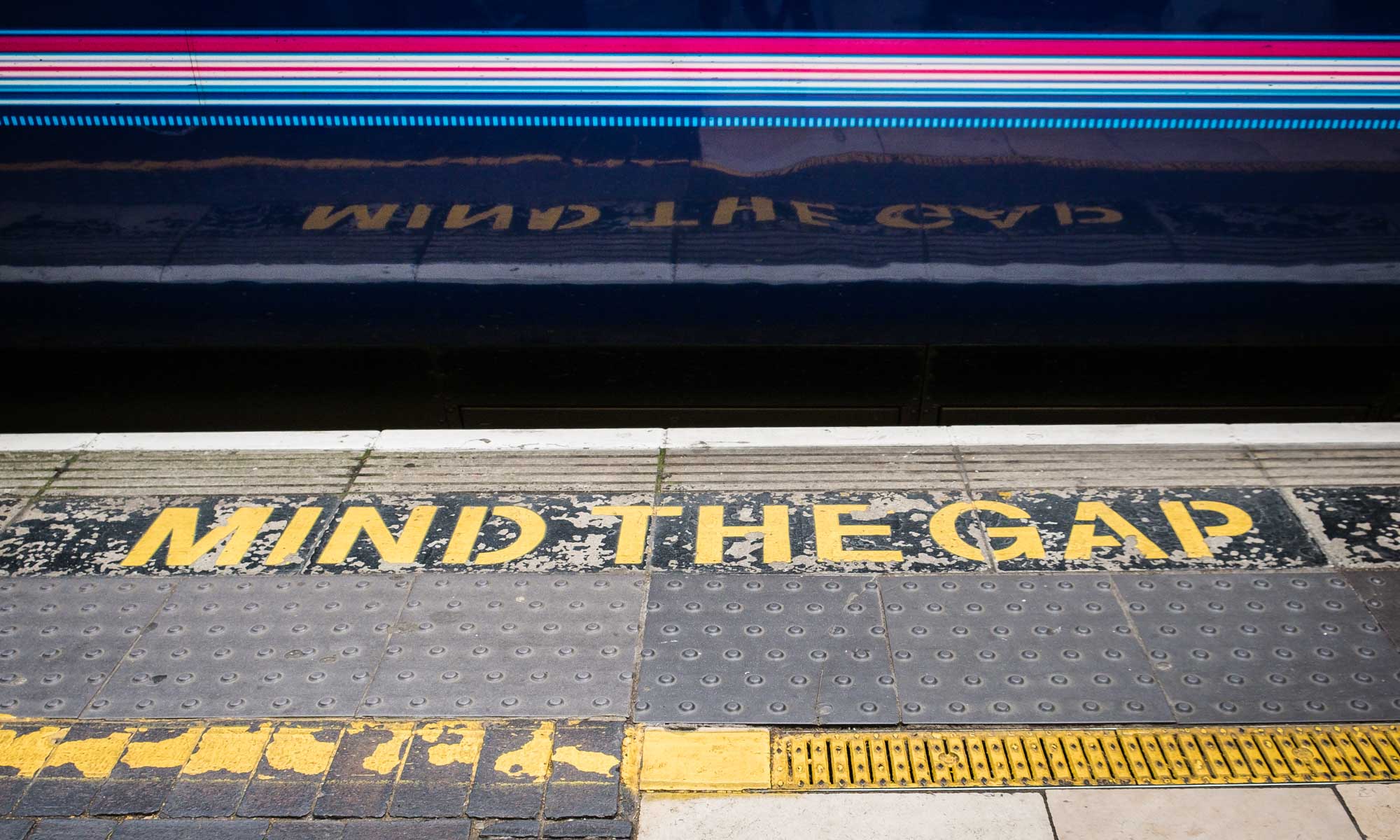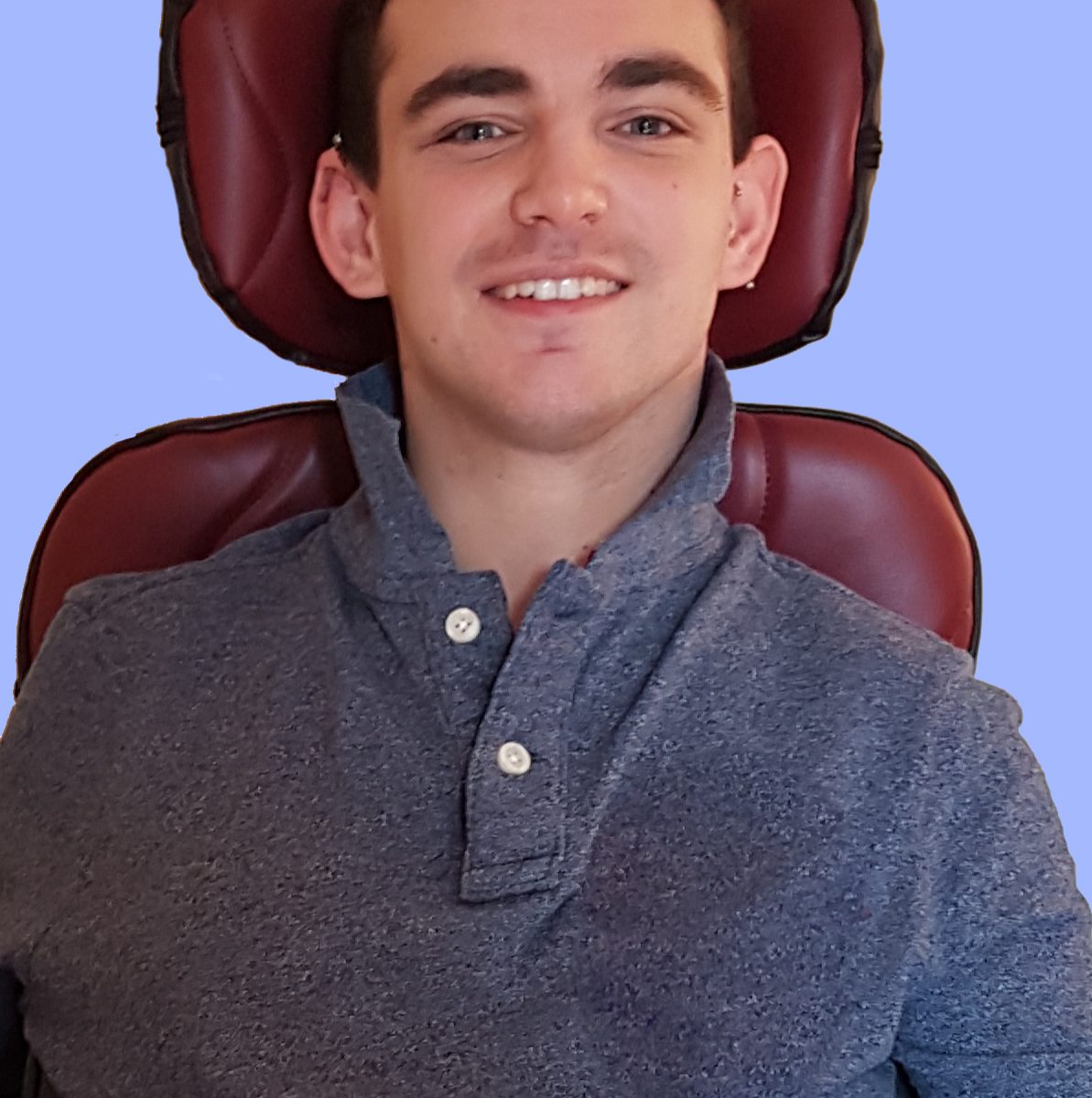Introducing Daniel Holt
Daniel is an aspiring barrister. He is a Trustee of Disability Rights UK, Policy and Procedures Executive at Regard, Employment and Social Security Representative at the Free Representation Unit and on the Human Rights Lawyers Association’s Young Lawyers Committee. He presents and delivers workshops on various topics.
Disability diversity in the legal professions
The Human Rights Lawyers Association’s Young Lawyers’ Committee recently offered a unique opportunity to discuss disability diversity in the legal professions. The Committee welcomed a panel of leading lawyers consisting of John Horan (Barrister, Cloisters Chambers), Joanna Owens (EHRC), Jocelyn Cockburn (Partner and Head of Civil Liberties, Hodge Jones & Allen), Diego F. Soto-Miranda (1 Essex Court Chambers) and Josh Hepple (Disability Equality Trainer, Activist and Writer). These prominent lawyers reviewed practising with a disability through personal experience, which was a new venture for several panellists. The accounts were refreshing, organic, optimistic and alarming.
The Bad
All panellists recalled negative experiences. Jocelyn, who has scoliosis and limited lung capacity, spoke of feeling uncomfortable with asking for adjustments to make practice more accessible. She did not feel like she was disabled and expected to be treated like a non-disabled lawyer. Not asking for adjustments had an adverse impact on her health, which made practice more difficult. Diego, a wheelchair user and commercial barrister, recalled how people had to carry him and his chair upstairs to his Chambers office and he was stuck up there all day. Josh, a wheelchair user with a speech impairment, shared how inflexible practices in completing the Training Contract has excluded him from the profession despite the Solicitors Regulation Authority allowing for up to seven years for completion. John was disbarred after he had a stroke, which led to a disability discrimination claim. The Bar Standards Board later admitted liability and reinstated him.
The Good
Positives were plentiful on the other hand. Jocelyn shared how later adjustments helped in her professional life. Jocelyn prefers to avoid the rush hour, take taxis and has the option to work from home where appropriate. She also has an air filter in her office. These practical and effective adjustments have made her practice easier. The assertiveness and determination Jocelyn needed to succeed, particularly in the early years, helped her to build a thriving practice, fight her corner and attain high-profile achievements. Joanna, another wheelchair user, had built excellent interviewing skills through employing personal assistants, which in turn boosted her management abilities. Opponents are often shocked to see Diego in court. This puts them on the back foot and acts as a ‘magic charm’ for him. Diego has moulded his practice around his strengths. He mainly undertakes paper-based work, such as advising and drafting. John is tenacious and can relate to his disabled clients in a way non-disabled barristers are less able to.
Conclusion
The event was an incredible triumph. It was one of a kind with a strong turn out and decent media coverage. The key themes are covered in another article of mine that can be found here. The event is part of a wider momentum on the issue of disability inclusion on the legal professions that we must keep going. The professions need our experience, skills and perspectives.
Find out more about Daniel, his interests and achievements on his website. You can view a recent video on BBC online as Daniel discusses his experiences of seeking to reach the Bar.

